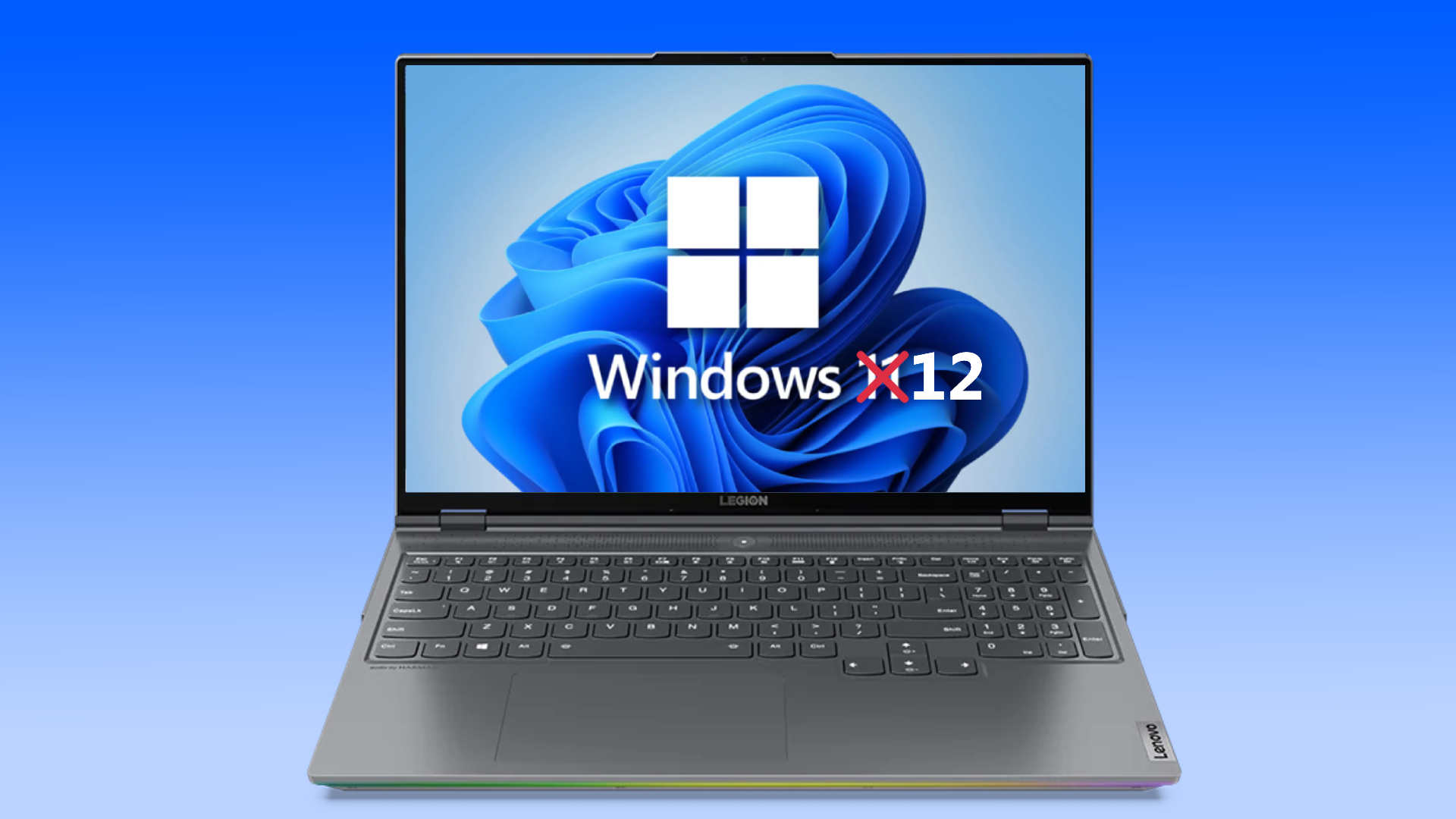Rumors are swirling that Microsoft is planning to launch Windows 12 in 2024. Interestingly, this tidbit was leaked by Intel during the Citi analyst conference in early September.
During the event, Intel’s CFO, David Zinsner, discussed Microsoft’s plans to refresh Windows next year. Zinsner hinted that consumers would upgrade their PCs because of the new Windows release, potentially boosting Intel’s revenue.
“We think 2024 will be a pretty good year for the client, particularly because of the refresh around Windows,” Zinsner mentioned at the event, as reported by The Verge on Monday (10/9).
“Still believe the install base is quite old and needs a refresh. We think next year could be the beginning of that given Windows as a catalyst,” he continued.
Zinsner’s comments came a few months after references to Windows 12 leaked from internal Intel documents. The chip giant is allegedly preparing its Meteor Lake processors for the next-generation Windows, likely to be named Windows 12.
Microsoft’s AI-Powered Windows
Microsoft itself has not disclosed any details regarding Windows 12. However, the company founded by Bill Gates has hinted that the next-generation Windows will incorporate features powered by artificial intelligence (AI).
Additionally, Microsoft has a policy of releasing major operating system updates every three years. Considering that Windows 11 was launched in 2021, it makes sense for Windows 12 to be released next year in line with the three-year cycle.
Low Windows 11 Adoption Rates
Windows 11’s adoption rate is still significantly lower compared to the dominant Windows 10. According to Lansweeper data, as of October 2023, Windows 11’s adoption rate stands at 8.35%, while Windows 10 continues to dominate with 80.56%.
Conclusion: The Anticipation for Windows 12
The news of Microsoft’s upcoming Windows 12 release has generated significant excitement and speculation in the tech world. While the official details remain under wraps, the prospect of an AI-powered operating system and a refresh in 2024 have piqued the interest of both consumers and industry experts.
For many, the low adoption rates of Windows 11 suggest that Windows 12 could be a more compelling update, potentially enticing users to upgrade their PCs. The timing aligns with Microsoft’s previous release cycle, making it a plausible scenario.
As technology enthusiasts eagerly await more information from Microsoft regarding Windows 12, the tech giant’s ability to innovate and respond to evolving user needs will likely play a crucial role in the success of this next-generation operating system.



